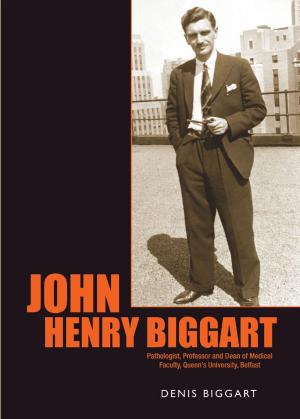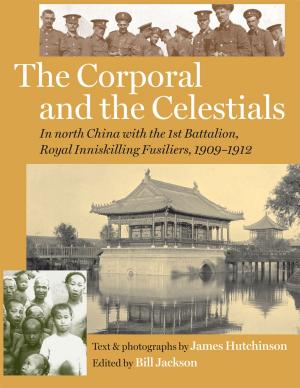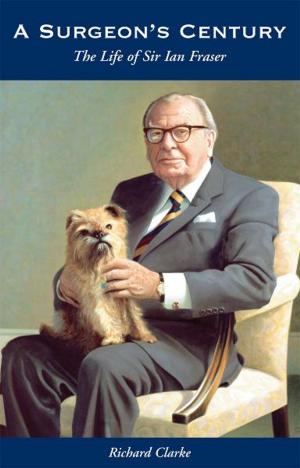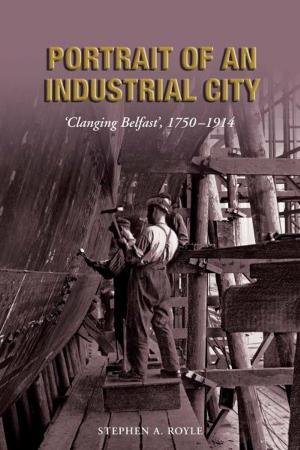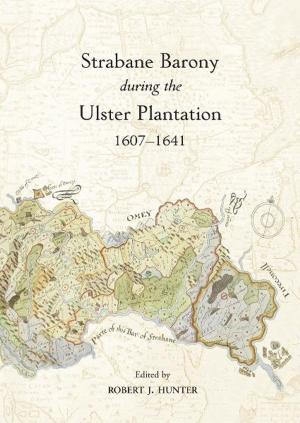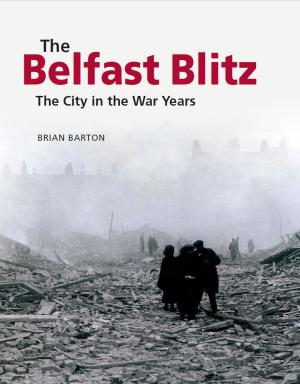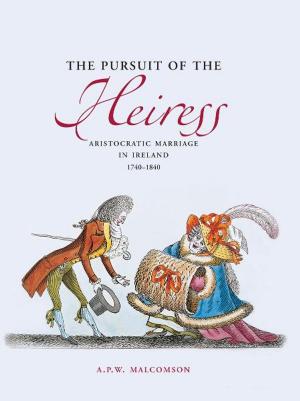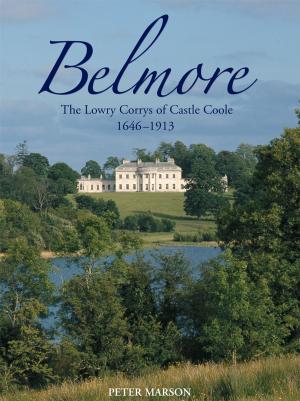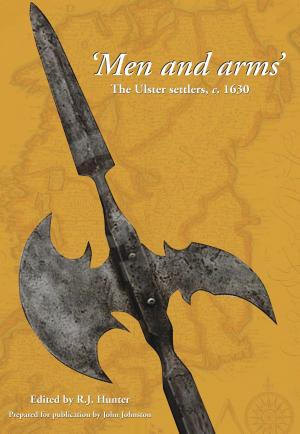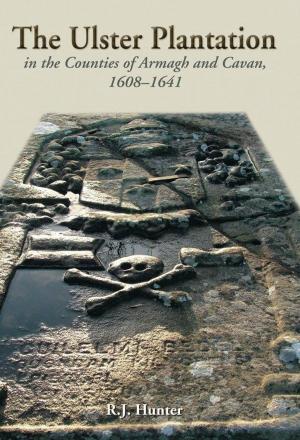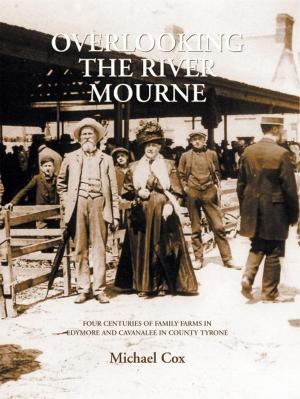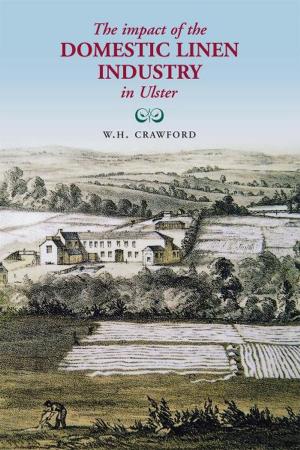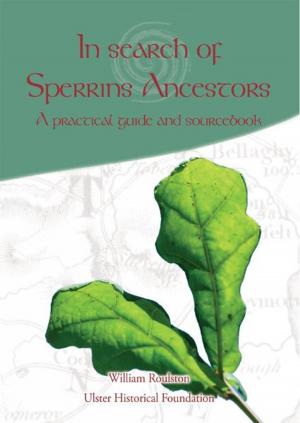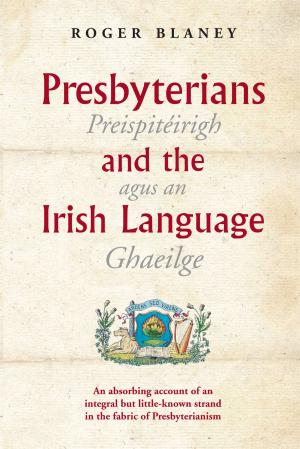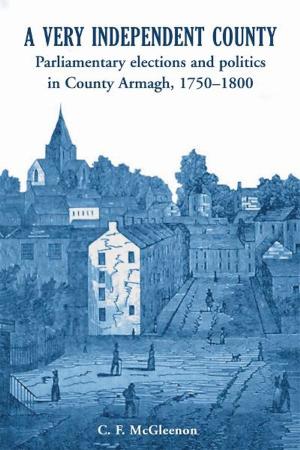John King: Ireland's Forgotten Explorer - Australia's First Hero
Nonfiction, History, Australia & Oceania, Ireland, Biography & Memoir| Author: | Eric Villiers | ISBN: | 9781908448668 |
| Publisher: | Ulster Historical Foundation | Publication: | June 1, 2012 |
| Imprint: | Ulster Historical Foundation | Language: | English |
| Author: | Eric Villiers |
| ISBN: | 9781908448668 |
| Publisher: | Ulster Historical Foundation |
| Publication: | June 1, 2012 |
| Imprint: | Ulster Historical Foundation |
| Language: | English |
In 1861 an Irish-born explorer emerged from the Australian outback, sole survivor of the country's greatest expedition. John King from Moy, Co. Tyrone, had crossed the arid continent and discovered tracts of rich, fertile land. With eight men dead, King's triumph was one of the world's great feats of endurance and thousands gathered to crown him Australia's first hero ...
Yet within weeks the handsome 22-year-old had been airbrushed from popular history. It was determined that King, an 'Irish working man' was an unsuitable champion and the two dead leaders of the party, the Anglo-Irish gentleman, Robert O'Hara Burke and English scientist William Wills, would be history's heroes. Mentally and physically, King was a better equipped explorer than Burke or Wills.
Educated at a Quaker primary school, King lived through the Great Famine, graduated after seven years at a tough Dublin military college, fought in the Indian Mutiny and was a teacher, linguist, musician, army sharpshooter, horseman and camel handler.
This story reveals the string of injustices done to John King by powerful contemporaries and subsequent historians, and on the 150th anniversary of his survival, seeks to give him his rightful place in the Burke and Wills historiography.
In 1861 an Irish-born explorer emerged from the Australian outback, sole survivor of the country's greatest expedition. John King from Moy, Co. Tyrone, had crossed the arid continent and discovered tracts of rich, fertile land. With eight men dead, King's triumph was one of the world's great feats of endurance and thousands gathered to crown him Australia's first hero ...
Yet within weeks the handsome 22-year-old had been airbrushed from popular history. It was determined that King, an 'Irish working man' was an unsuitable champion and the two dead leaders of the party, the Anglo-Irish gentleman, Robert O'Hara Burke and English scientist William Wills, would be history's heroes. Mentally and physically, King was a better equipped explorer than Burke or Wills.
Educated at a Quaker primary school, King lived through the Great Famine, graduated after seven years at a tough Dublin military college, fought in the Indian Mutiny and was a teacher, linguist, musician, army sharpshooter, horseman and camel handler.
This story reveals the string of injustices done to John King by powerful contemporaries and subsequent historians, and on the 150th anniversary of his survival, seeks to give him his rightful place in the Burke and Wills historiography.

